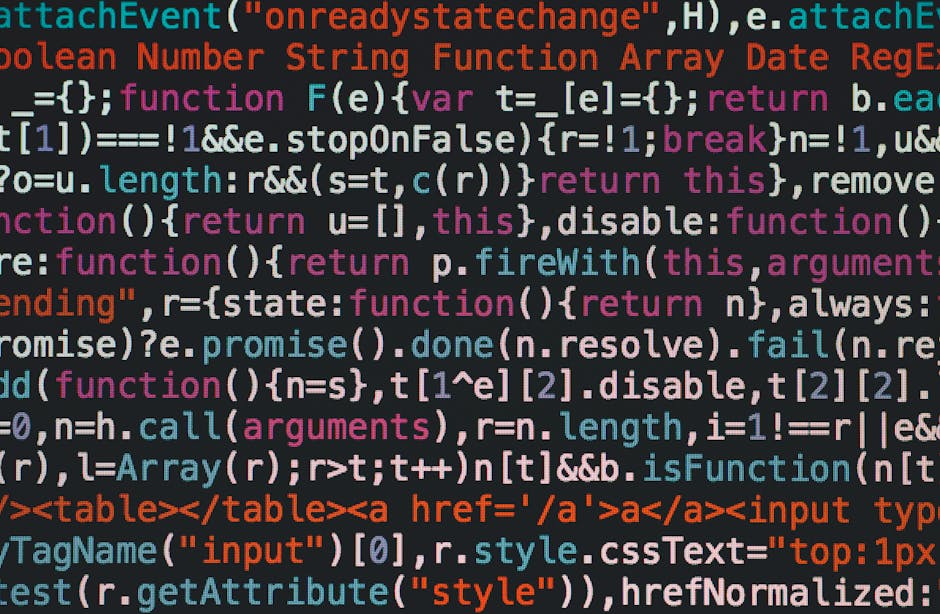For centuries, understanding how humans make decisions has been a cornerstone of fields ranging from economics and psychology to political science. Traditional models have often fallen short, struggling to account for the intricate interplay of logic, emotion, experience, and context that defines our choices. Now, a groundbreaking new study published in Nature is revolutionizing this understanding. By harnessing the power of machine learning, researchers have developed models capable of not only predicting human actions in complex strategic scenarios, but also revealing the often-surprising factors that drive them. This research promises to fundamentally reshape our understanding of ourselves and pave the way for significant advancements across numerous disciplines.
The Enduring Challenge: Deciphering Human Strategic Decision-Making
Humans exhibit remarkable capabilities when it comes to strategic decision-making. Whether negotiating a business deal, competing in a game, or simply navigating everyday interactions, we constantly assess situations, anticipate outcomes, and adjust our actions accordingly. However, the sheer complexity of these choices—the way they are shaped by individual biases, social pressures, and emotional responses—has long presented a formidable challenge for scientific inquiry. Previous attempts to model human behavior often relied on simplifying assumptions, leading to predictions that frequently diverged from reality. These limitations underscored the need for a new approach, one that could capture the subtle nuances and unpredictable elements inherent in human decision-making.
A Machine Learning Breakthrough: A New Lens on Human Choice
A team of researchers, spearheaded by Joshua C Peterson, Jian-Qiao Zhu, and Benjamin Enke, sought to overcome these limitations. Recognizing the potential of machine learning, they embarked on a project to analyze vast datasets of real-world choices. Their approach moved beyond traditional statistical methods, utilizing sophisticated algorithms capable of identifying patterns and relationships that would otherwise remain hidden. Crucially, their models weren’t just looking at the outcomes of decisions; they were analyzing the context, timing, and even the sequence of choices people made, creating a far more comprehensive picture of the decision-making process.
Data-Driven Insights: The Foundation of Understanding
Rich Datasets: A Window into Human Behavior
The success of this research hinged on the availability of rich and diverse datasets. The team meticulously curated data from a variety of sources, including:
- Online Games: Analyzing player behavior in strategic games provided insights into decision-making under pressure and in competitive environments.
- Economic Experiments: Controlled experiments allowed researchers to observe how people respond to different incentives and constraints.
- Real-World Negotiations: Examining actual negotiation outcomes offered a glimpse into the complexities of interpersonal decision-making.
This comprehensive approach ensured that the models were trained on a wide range of scenarios, improving their generalizability and predictive power.
Beyond Simple Rules: Accounting for the Human Element
Social Preferences and Emotional Responses
Traditional economic models often assume that individuals are purely self-interested, always acting in their own best financial gain. However, this assumption fails to capture the full spectrum of human motivation. The machine learning models employed by Peterson, Zhu, and Enke explicitly incorporated factors such as:
- Risk Aversion: How much uncertainty individuals are willing to tolerate when making choices.
- Fairness: The degree to which people prioritize equitable outcomes.
- Emotional Responses: The influence of feelings such as anger, fear, and trust on decision-making.
By moving beyond the purely rational actor, these models more accurately reflected the messy and complex reality of human thought.
What the Models Reveal: Patterns and Predictions
Hidden Patterns: Uncovering the Subtleties of Choice
The power of machine learning lies in its ability to identify patterns that are invisible to traditional analysis. The new study revealed several key insights, including:
- Short-Term Gains vs. Long-Term Relationships: The models demonstrated how people often prioritize immediate rewards, even when they may damage long-term relationships.
- Group Dynamics: The research highlighted how the behavior of others can significantly alter an individual’s strategy, sometimes leading to surprising and counterintuitive outcomes.
Predicting the Unpredictable: Capturing Human Variability
Rather than simply predicting the most likely course of action, the models offer a more nuanced perspective. They provide a range of plausible actions someone might take, acknowledging the inherent unpredictability of human behavior. This capability is particularly valuable in scenarios where understanding the spectrum of possible outcomes is crucial for effective planning and decision-making.
Personalization: Tailoring Predictions to the Individual
One of the most exciting findings was the ability to tailor predictions to specific individuals. By learning from an individual’s past choices and experiences, the algorithms can identify patterns and biases that shape their strategy. This level of personalization opens up new possibilities for understanding and influencing behavior in a responsible and ethical manner.
Implications Across Fields: Transforming Our Understanding
Economics: Revolutionizing Market Analysis and Policy Design
More accurate models of decision-making have the potential to transform numerous areas of economics, including:
- Market Analysis: Understanding how consumers and investors make decisions can lead to more effective marketing strategies and financial forecasting.
- Policy Design: Designing policies that are more likely to achieve their intended outcomes requires a deep understanding of how people respond to incentives.
- Behavioral Economics: This emerging field combines insights from psychology and economics to provide a more realistic understanding of human behavior.
Psychology: Shedding Light on Cognitive Biases and Emotional Triggers
The findings from this study provide valuable insights into the cognitive and emotional processes that underlie decision-making. Specifically, the research can contribute to:
- Identifying Cognitive Biases: Understanding how biases systematically distort our perceptions and judgments.
- Analyzing Emotional Triggers: Identifying the factors that evoke specific emotions and influence behavior.
- Exploring Learning from Experience: Investigating how we adapt our strategies based on past outcomes.
Artificial Intelligence: Fostering Adaptive and Trustworthy Systems
By modeling human-like strategy, AI systems can become more adaptive, trustworthy, and collaborative. This has significant implications for various applications, including:
- Negotiation Bots: Creating AI agents that can effectively negotiate on behalf of individuals or organizations.
- Virtual Assistants: Developing AI assistants that can understand and respond to human needs in a more intuitive and helpful way.
- Game Agents: Building AI opponents that exhibit more realistic and challenging behavior in games.
Ethical and Social Considerations: Navigating the Responsibilities of Predictive Power
As machine learning provides increasingly detailed insights into human strategy, it is crucial to address the ethical and social implications of this technology. The researchers emphasize the importance of transparency and accountability in the development and deployment of these models. Specific concerns include:
- Privacy: Protecting the confidentiality of personal data used to train and operate these models.
- Manipulation: Preventing the use of these models to manipulate or exploit individuals.
- Fairness: Ensuring that these models are not biased against specific groups or individuals.
Responsible development and implementation of these technologies require careful consideration of these potential risks and the establishment of robust safeguards to mitigate them.
The Takeaway: A New Era in Understanding Human Strategy
The study by Peterson, Zhu, and Enke represents a significant leap forward in our understanding of human strategic decision-making. By harnessing the power of machine learning, researchers have moved beyond simplistic models and gained unprecedented insights into the complexities of human thought. This pioneering work demonstrates that machine learning is not merely a tool for crunching numbers; it is a powerful lens through which we can illuminate the elusive beauty of human strategic thought. These models promise to transform science, business, and AI itself—helping us not just understand what we do, but, more importantly, why we do it.




Leave a Reply
You must be logged in to post a comment.